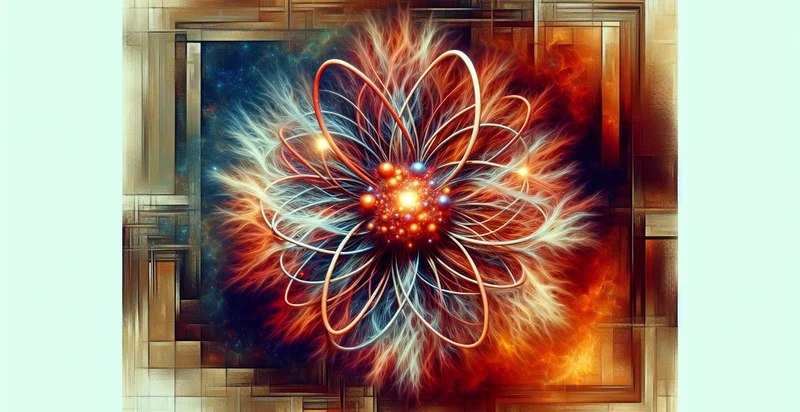Identify proton models
using AI
Below is a free classifier to identify proton models. Just upload your image, and our AI will predict if it's a proton model - in just seconds.

Contact us for API access
Or, use Nyckel to build highly-accurate custom classifiers in just minutes. No PhD required.
Get started
import nyckel
credentials = nyckel.Credentials("YOUR_CLIENT_ID", "YOUR_CLIENT_SECRET")
nyckel.invoke("proton-models", "your_image_url", credentials)
fetch('https://www.nyckel.com/v1/functions/proton-models/invoke', {
method: 'POST',
headers: {
'Authorization': 'Bearer ' + 'YOUR_BEARER_TOKEN',
'Content-Type': 'application/json',
},
body: JSON.stringify(
{"data": "your_image_url"}
)
})
.then(response => response.json())
.then(data => console.log(data));
curl -X POST \
-H "Content-Type: application/json" \
-H "Authorization: Bearer YOUR_BEARER_TOKEN" \
-d '{"data": "your_image_url"}' \
https://www.nyckel.com/v1/functions/proton-models/invoke
How this classifier works
To start, upload your image. Our AI tool will then predict if it's a proton model.
This pretrained image model uses a Nyckel-created dataset and has 2 labels, including Saga and X70.
We'll also show a confidence score (the higher the number, the more confident the AI model is around if it's a proton model).
Whether you're just curious or building proton models detection into your application, we hope our classifier proves helpful.
Related Classifiers
Need to identify proton models at scale?
Get API or Zapier access to this classifier for free. It's perfect for:
- Medical Imaging Diagnostics: Proton models can assist radiologists by accurately classifying images from MRI or CT scans. This technology could enhance the sensitivity of detecting anomalies, leading to earlier diagnosis and better patient outcomes.
- Drug Discovery and Research: In pharmaceutical research, proton models can analyze images of molecular structures or crystallography data to identify specific compounds. This can streamline the drug discovery process by quickly filtering out non-viable candidates.
- Quality Control in Manufacturing: In manufacturing, proton models can be deployed to classify images of products coming off the assembly line. By identifying defects in real-time, businesses can reduce waste and improve overall product quality.
- Autonomous Vehicle Navigation: Proton models can be integrated into the perception systems of autonomous vehicles to classify images captured by sensors. This classification can enhance obstacle detection and scene understanding, thus improving safety and navigation capabilities.
- Agricultural Monitoring: In precision agriculture, proton models can classify aerial images taken by drones to assess crop health and identify areas needing attention. This allows farmers to make data-driven decisions, optimizing yield while minimizing resource use.
- Retail Inventory Management: Retailers can use proton models to classify images of stock on shelves, identifying products and monitoring inventory levels. This can enhance inventory accuracy and streamline reordering processes, thus reducing stockouts.
- Wildlife Conservation: Conservationists can employ proton models to analyze images from camera traps in wildlife habitats. This classification can help track animal populations, monitor biodiversity, and assess the impact of human activities on ecosystems.


